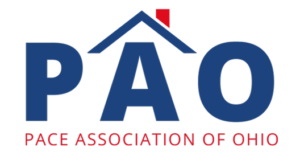
Why Older Adults Need to Prepare for the Future
Tips for Gathering and Organizing Your Important Papers
Whether you are planning for your own end-of-life care or on behalf of a loved one, the conversation is difficult—but necessary. When adults take the time to gather, sort, and organize their important documents and outline their wishes, it makes things much easier for their family members later on. Otherwise, they may be scrambling to find necessary paperwork or make a quick decision about a loved one’s end-of-life wishes during an emergency situation.
If your parents or loved ones are hesitant to have the conversation and get their estate planning documents in order, The Conversation Project has some advice to ease them into the conversation as well as a conversation starter guide. The Conversation Project is a public engagement initiative from the Institute for Healthcare Improvement that encourages older adults to “talk about their wishes for care through the end of life, so those wishes can be understood and respected.”
Once you engage your parent or loved one in the conversation, the first and most important step is for them to select a health care proxy or power of attorney. This person is essentially a surrogate decision-maker that can speak on their behalf if they are unable to make their own health care decisions. Once a health care proxy is chosen, and they agree to serve in that role, that person’s information should be added to your loved one’s official documents.
The following checklist is a good starting point for sorting and organizing your or your loved one’s important medical, financial, and legal papers. Start here and make a note of any documents that are missing or need to be acquired. Don’t hesitate to engage the help of an elder care attorney or other professionals within your community to walk you through this process.
Checklist for Gathering Your Important Papers
Medical Documents:
- Health Care Proxy
- Living Will
- Personal Medical History
- Insurance Policies (Health, Life, Long-Term Care, etc.)
Financial Documents:
- Bank Accounts
- Tax Returns (go several years back)
- Pension Documents
- Brokerage and Securities Accounts (stocks and bonds)
- Business Operating Agreements (if applicable)
- Property Deeds and Titles
- List of Loans and Debts (mortgages, credit cards, etc.)
Personal Documents:
- Birth Certificate
- Marriage/Divorce Records
- Military Records
- Driver’s License or Passport
- Social Security Card
If you have any questions about the above list, the experienced team at McGregor would be happy to speak with you or your loved one. We are passionate about providing comprehensive aging services to seniors and their families.


